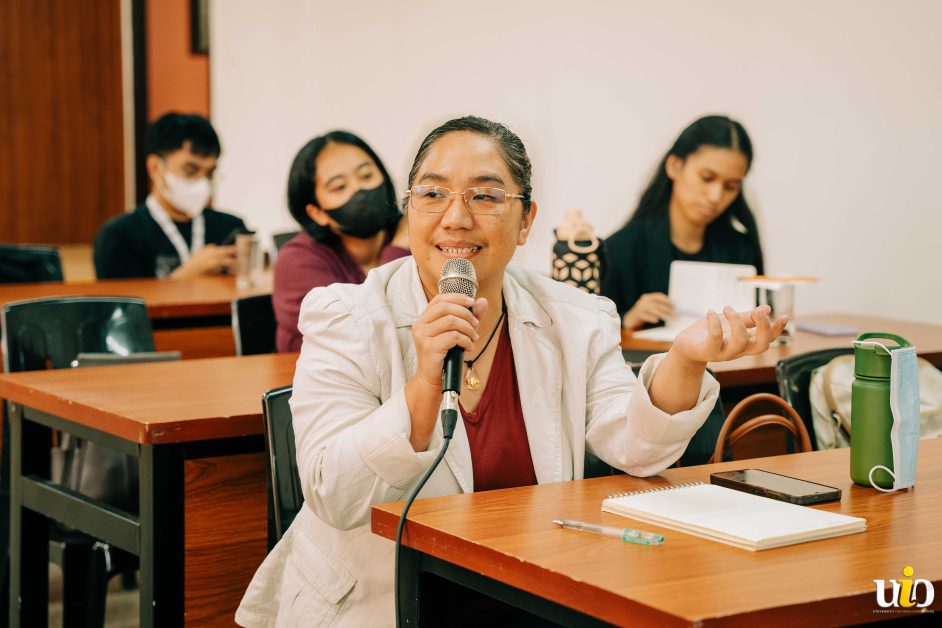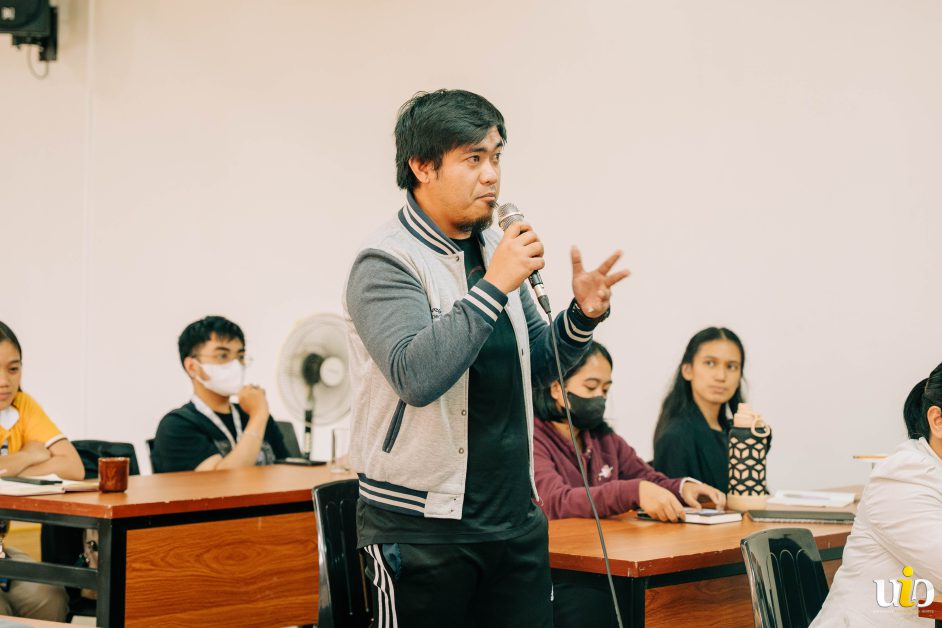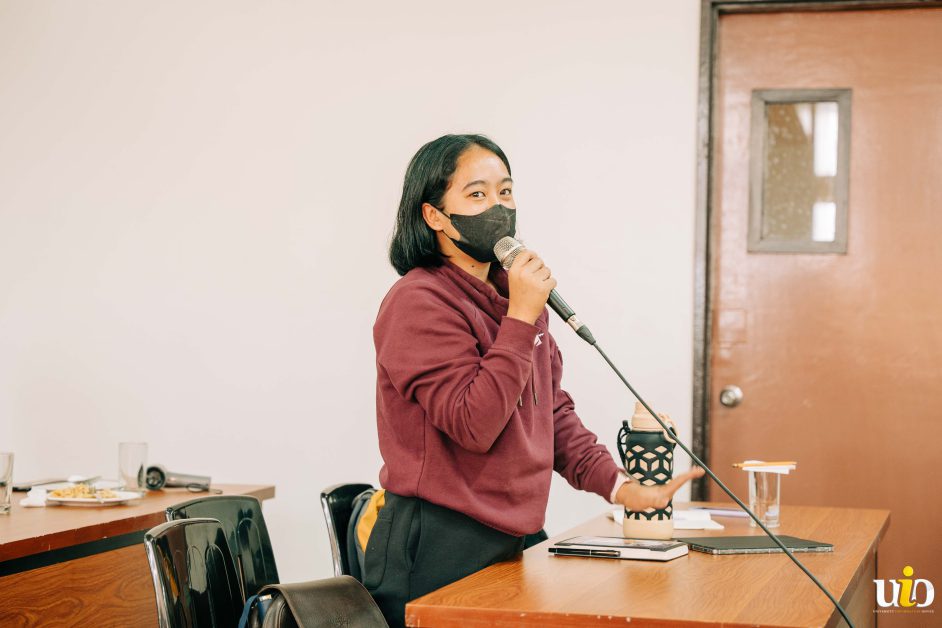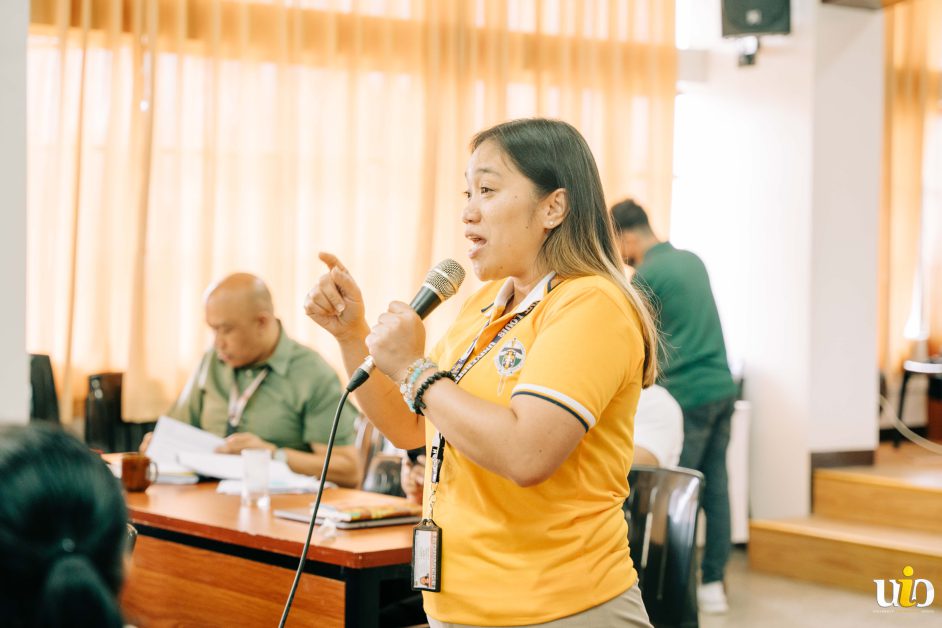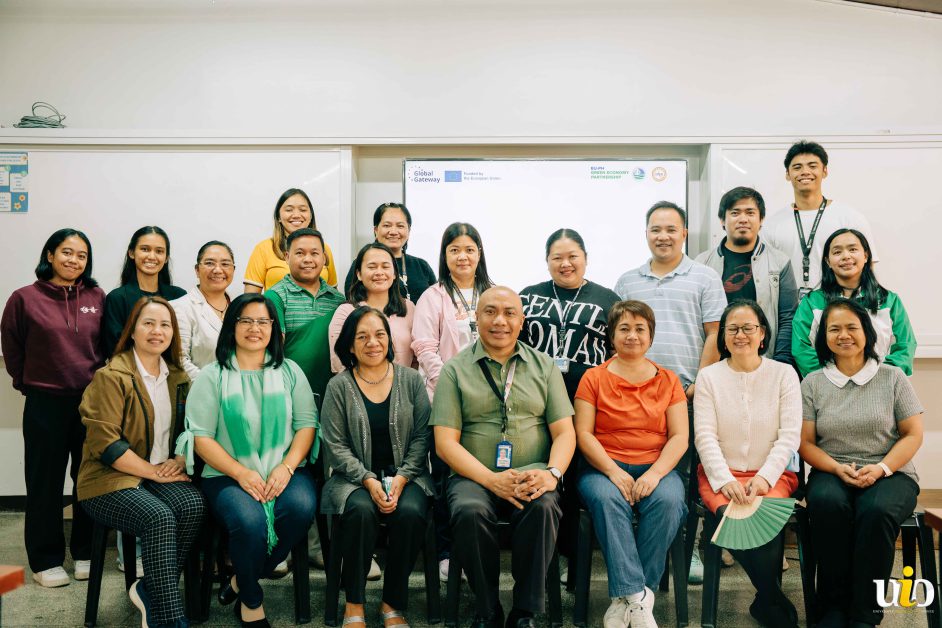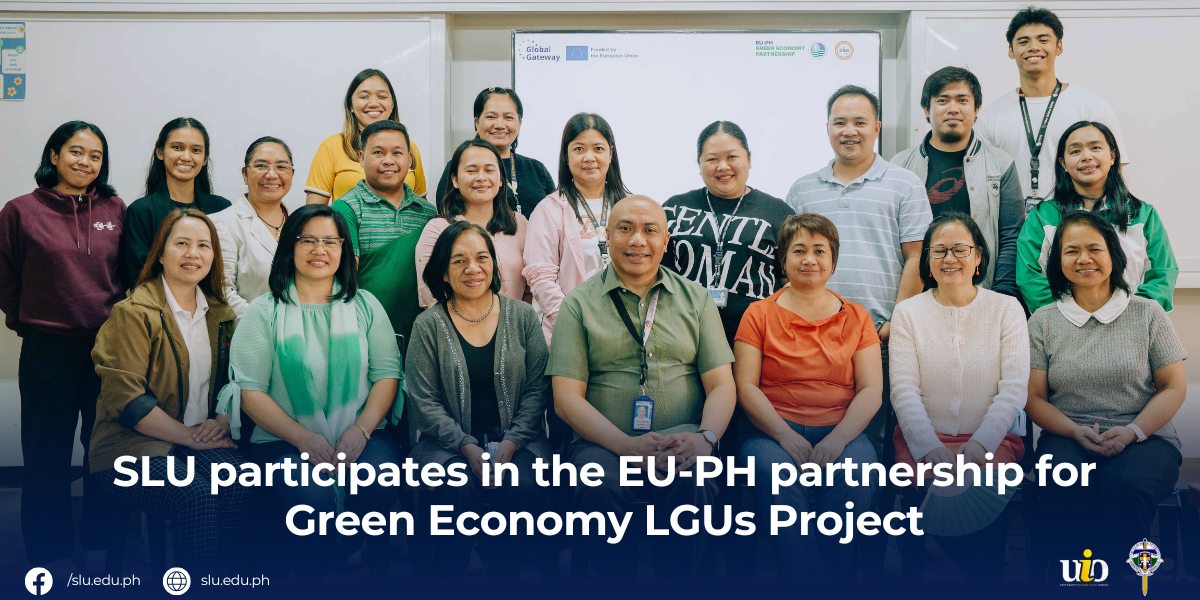In partnership with the European Union in the Philippines (EU-PH) Green Economy Partnership, Saint Louis University (SLU) participated in the Local Government Units (LGUs) Project Workshop alongside other schools on 29 October 2025 held at SLU Msgr. Charles Vath Audio-Visual Room, SLU Main Campus.
The event aimed to create a module on Circular Economy (CE) by leveling the orientation for the CE resource book-making on the City of Baguio’s circular economy project, an initiative conducted alongside the goal of supporting LGUs in the Philippines in transitioning to a circular economy.
From this, multiple school associations, participated as writers in creating the circular economy module. Individual Consultant on the Circular Economy Project of Baguio City, Ms. Annie Marie Caguioa, who represented Ar. Donna Tabangin, City Planning Officer and Development Coordinator, gave a talk on “Baguio city’s foundational framework for CE education.” She mentioned the urgent need to shift from a linear economy to a circular economy and emphasized how essential it is to shift to a circular economy to minimize environmental impacts for as long as possible.
This was further elaborated on by Local Government Unit and Stakeholder Engagement Specialist with the United Nations Development Programme (UNDP) Ms. Marjorie Balay-as’s discussion on the triple planetary crisis, environmental issues, and the 10Rs (Rethink, Refuse, Reject, Reduce, Reuse, Repair, Refurbish, Remanufacture, Repurpose, Recycle, Recover). She discussed how climate change, pollution, and biodiversity loss make up the triple planetary crisis and how 10Rs can alleviate it.
Regional Pool of Gender and Development (GAD) Resource Person and Ibaloi expert, Rosella Camte-Banhi, alongside Planning Officer IV Georgina Ngolab Of the City Planning Development and Sustainability Office Georgina Ngolab, then gave an overview of the “Pansa-nopen Tayo: Baguio City’s circular economy program” and explained how this program plays an important role in the creation of the CE module as it promotes waste reduction, resource efficiency, and sustainable development by transforming waste into valuable resources.
Ms. Caguioa tackled multiple ordinances for issues regarding the waste volume production alongside the creation and immersion of green house gasses. These ordinances include the Executive Order on the Extended Producer Responsibility (EPR), Food Waste Ordinance, Plastic for Food Ordinance, and the Pansa-nopen Tayo Ordinance that promotes resource efficiency, waste reduction, and community-led sustainability.
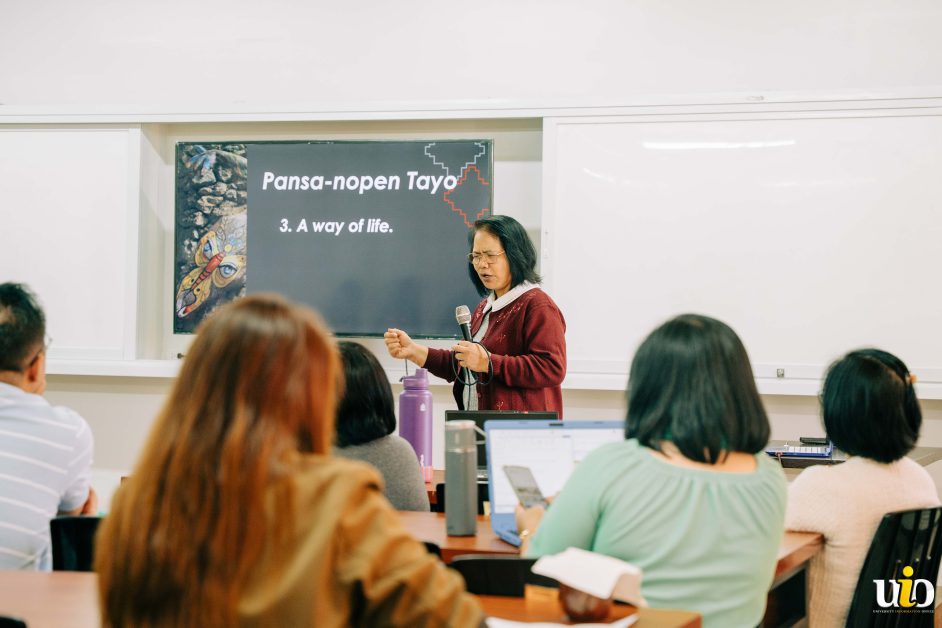
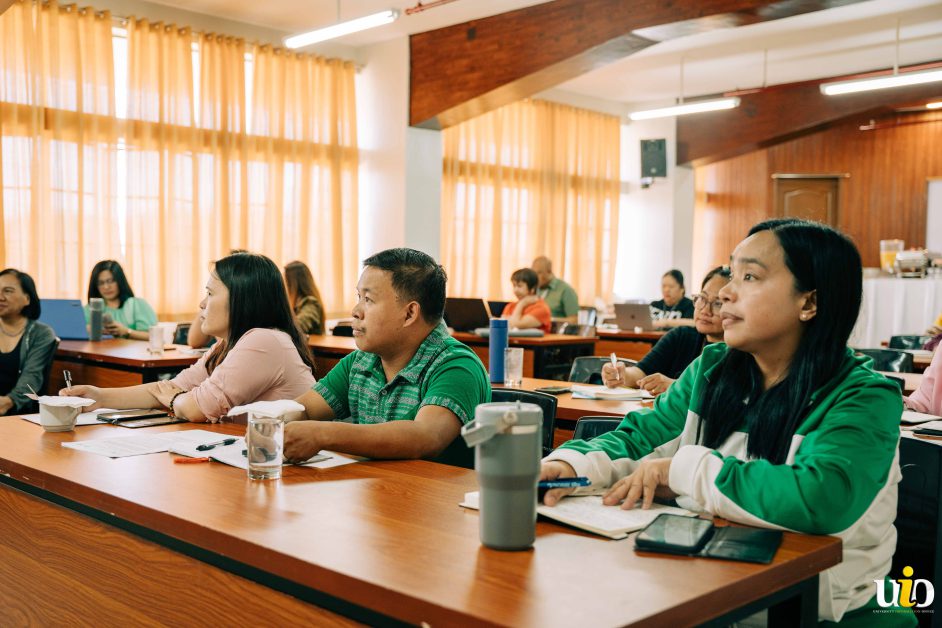
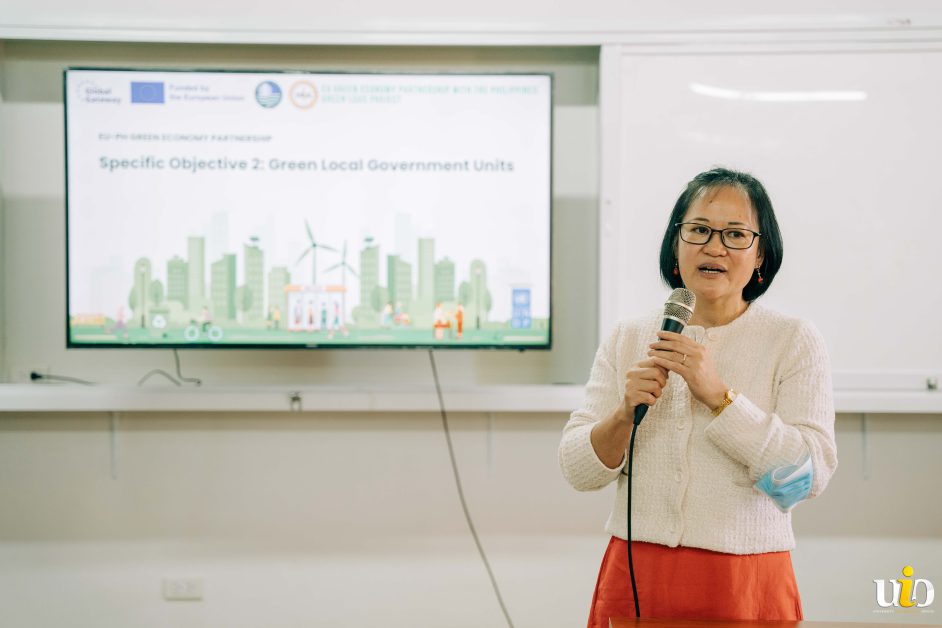
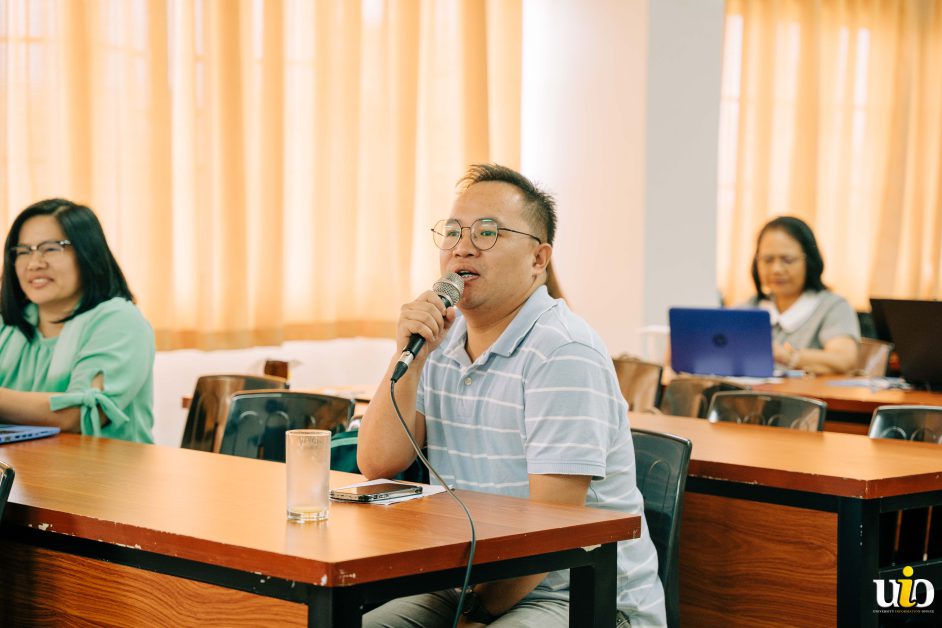
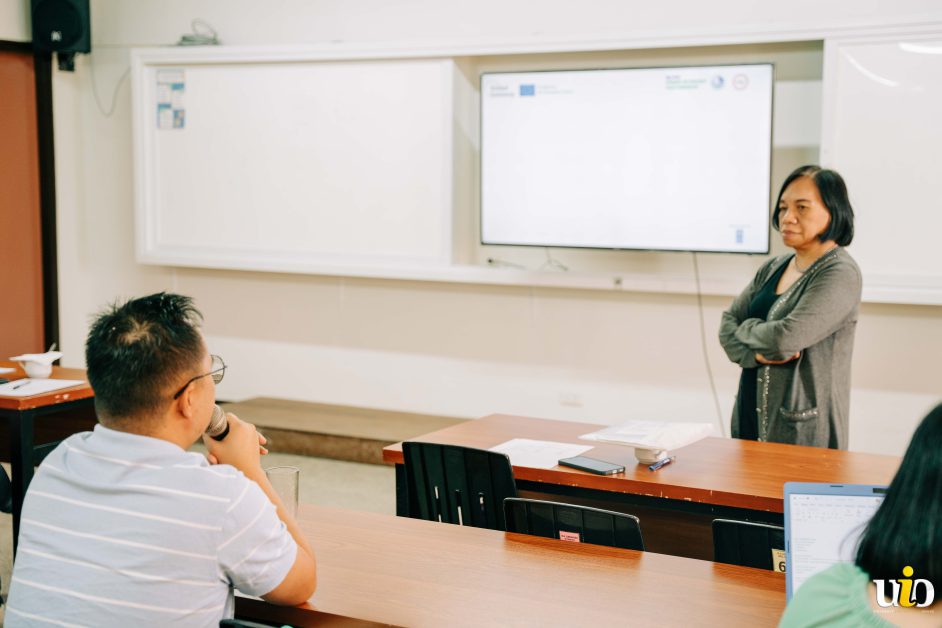
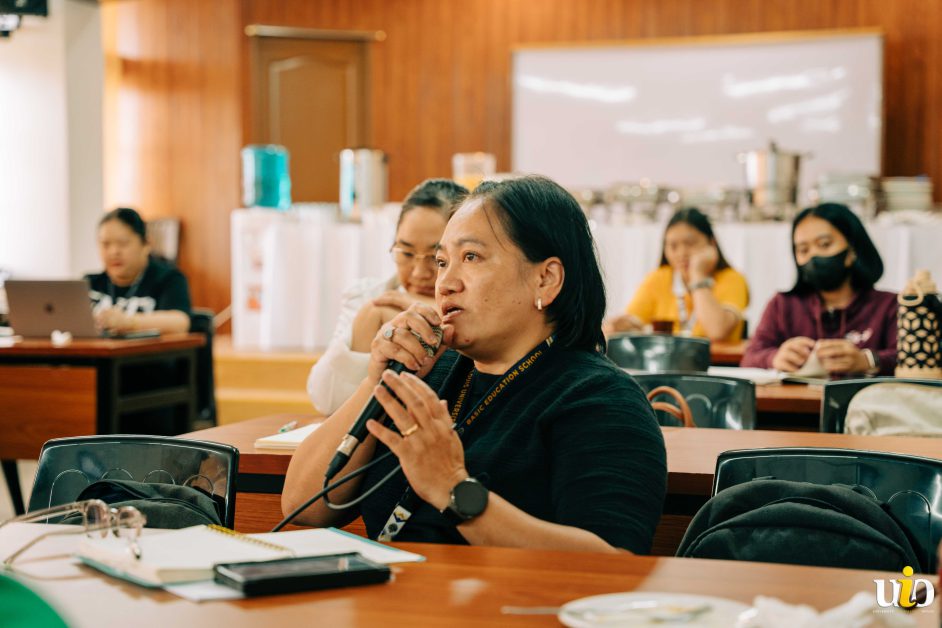
Executive Assistant to the SLU President, Joselito C. Gutierrez, PhD, presented the review of the summary of the assessment workshops that included discussions on finalizing the book title and the identification of additional focus of the CE resource book.
To end the first half of the workshop, Ms. Caguioa proceeded with an open forum to review and summarize the information shared and multiple representatives from participating schools shared their thoughts and ideas regarding the project.
The afternoon sessions delved on brainstorming sessions on the proposed chapters and contents of the CE resource book which was facilitated by Dr. Gutierrez. A presentation and discussion of writing guidelines was then given by Stephenie O. Busbus, Director of the Office of Global Relations, Alumni Affairs, and Scholarships Programs (OGRAASP). Putting the workshop to a close, writing assignments and ways forward were discussed. Among the pool of writers include teachers from the SLU Basic Education School.
The said workshop Initiated by the EU-PH Green Economy Partnership was hosted by the United Nations Development Programme (UNDP), LGUs of the City of Baguio, and the City Planning and Development Office of Baguio.
Another workshop is set to take place on 14 November 2025 for final discussions.
The EU-PH partnership for Green Economy Green LGUs Project serves as a platform to inform and strengthen people’s duty. The event’s goals are aligned with the United Nations Sustainable Development Goals SDG 11 (Sustainable Cities and Communities), SDG 12 (Responsible Consumption and Production), and SDG 13 (Climate Action). (Article by: Clark Justin Alenso, UIO Intern | Photos by: John Erick Cortez, UIO Intern)
